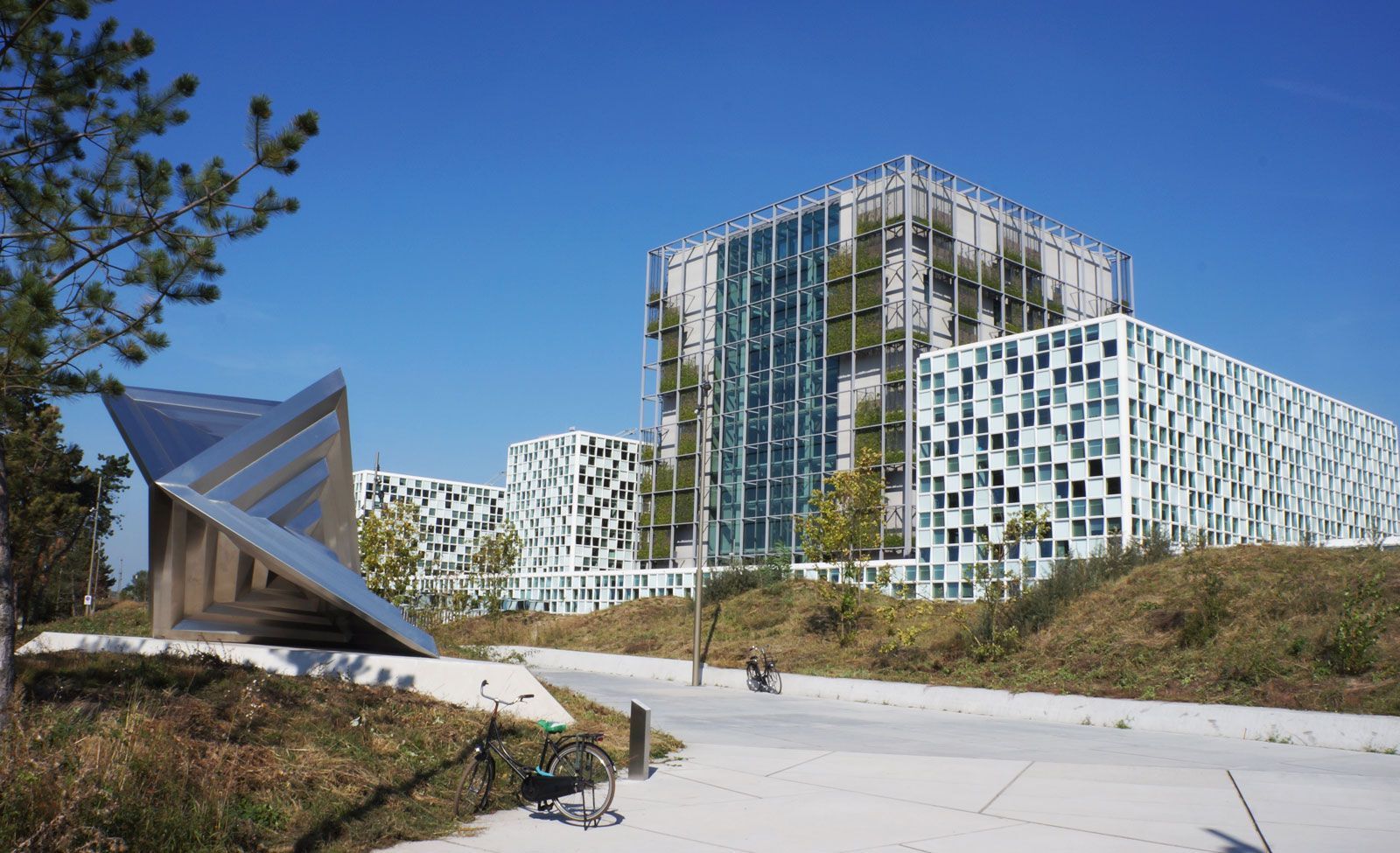
What is the International Criminal Tribunal? The International Criminal Tribunal (ICT) was established to prosecute serious crimes like genocide, war crimes, and crimes against humanity. It aims to bring justice to victims and hold perpetrators accountable. The ICT operates under international law and has jurisdiction over specific regions and conflicts. Its creation marked a significant step in global efforts to address grave human rights violations. The tribunal's work helps deter future atrocities by showing that the international community will not tolerate such actions. Understanding the ICT's role and impact is crucial for grasping modern international justice mechanisms.
Key Takeaways:
- The International Criminal Tribunal was created by the United Nations in 1993 to prosecute serious crimes like genocide and war crimes, aiming to bring justice to victims and hold perpetrators accountable.
- The ICT has handled numerous high-profile cases, bringing many perpetrators to justice, and its work has left a lasting legacy on international law and justice.
What is the International Criminal Tribunal?
The International Criminal Tribunal (ICT) was established to prosecute serious crimes like genocide and war crimes. It aims to bring justice to victims and hold perpetrators accountable.
- The ICT was created by the United Nations in 1993.
- It was established in response to atrocities committed during the Yugoslav Wars.
- The tribunal is located in The Hague, Netherlands.
- It was the first war crimes court established since the Nuremberg and Tokyo trials after World War II.
Key Functions of the Tribunal
The ICT has several critical functions that help maintain international peace and justice. These roles ensure that those responsible for heinous crimes face consequences.
- It prosecutes individuals for genocide, war crimes, and crimes against humanity.
- The tribunal also aims to deter future crimes by setting a legal precedent.
- It provides a platform for victims to share their stories and seek justice.
- The ICT helps to establish a historical record of the crimes committed.
Notable Cases and Verdicts
The tribunal has handled numerous high-profile cases, bringing many perpetrators to justice. These cases have had significant impacts on international law and justice.
- Slobodan Milošević, former President of Yugoslavia, was one of the most notable figures tried by the ICT.
- Radovan Karadžić, leader of the Bosnian Serbs, was convicted of genocide and other crimes.
- Ratko Mladić, known as the "Butcher of Bosnia," was sentenced to life imprisonment for his role in the Srebrenica massacre.
- The tribunal has indicted 161 individuals, with 90 convictions.
Challenges Faced by the Tribunal
Despite its successes, the ICT has faced numerous challenges. These obstacles have tested the tribunal's effectiveness and credibility.
- Securing the arrest and extradition of suspects has been a significant challenge.
- Political interference and lack of cooperation from some countries have hindered proceedings.
- The tribunal has faced criticism for its lengthy and costly trials.
- Some argue that the ICT has been biased, focusing disproportionately on certain ethnic groups.
Legacy and Impact
The ICT's work has left a lasting legacy on international law and justice. Its influence extends beyond the cases it has prosecuted.
- The tribunal has contributed to the development of international criminal law.
- It has inspired the creation of other international courts, such as the International Criminal Court (ICC).
- The ICT has helped to promote the idea that no one is above the law, regardless of their position or power.
The Tribunal's Legacy
The International Criminal Tribunal for the former Yugoslavia (ICTY) has left a lasting impact on global justice. It held individuals accountable for war crimes, genocide, and crimes against humanity. This tribunal set a precedent for future international courts, showing that even high-ranking officials aren't above the law. It also provided a sense of justice for victims and their families, helping to heal some wounds from the conflicts.
The ICTY's work has influenced how international law is applied today. Its legacy continues through the International Criminal Court (ICC) and other tribunals. By documenting atrocities and ensuring fair trials, the ICTY has contributed to a more just world. Its efforts remind us that justice, though sometimes delayed, is essential for lasting peace. The tribunal's achievements will be remembered as a significant step toward global accountability.
Frequently Asked Questions
Was this page helpful?
Our commitment to delivering trustworthy and engaging content is at the heart of what we do. Each fact on our site is contributed by real users like you, bringing a wealth of diverse insights and information. To ensure the highest standards of accuracy and reliability, our dedicated editors meticulously review each submission. This process guarantees that the facts we share are not only fascinating but also credible. Trust in our commitment to quality and authenticity as you explore and learn with us.
